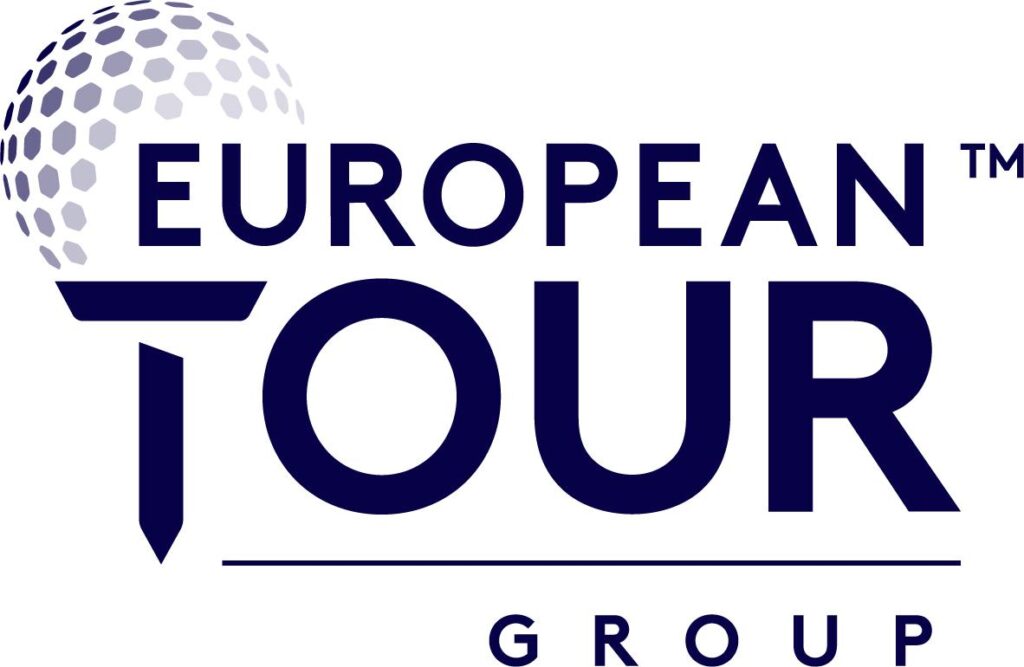In a decisive move that reshapes the landscape of professional golf, the European Tour has officially rejected a takeover bid from the PGA Tour, according to recent reports. This development signals ongoing complexities in the global golf market, as both organizations continue to vie for dominance amid shifting alliances and commercial pressures. The European Tour’s firm stance underscores its commitment to maintaining independence and preserving its unique identity within the sport.
European Tour Reaffirms Independence Amidst PGA Tour Expansion Attempts
The European Tour has made a decisive stance against recent efforts by the PGA Tour to exert greater control over its operations. Insiders reveal that negotiations to integrate or absorb the European circuit have been firmly rebuffed, signaling a clear intent to preserve autonomy and maintain its unique identity within the global golf landscape. This strategic move underscores the European Tour’s commitment to fostering regional talent and sustaining its own calendar of prestigious events without external interference.
Key factors driving this reaffirmation include:
- Preservation of legacy: Maintaining historic tournaments that define European golf.
- Independent governance: Retaining decision-making power over tournament scheduling and sponsorships.
- Player development: Focused investment in emerging European talent and domestic tours.
The ongoing tension between these two powerhouse tours highlights the complexities of global sports collaboration, especially when strategic control and commercial interests are at stake.
| Tour | Major Events | Current Autonomy |
|---|---|---|
| European Tour | BMW PGA Championship, Scottish Open | High |
| PGA Tour | The Players Championship, Memorial Tournament | Own circuit |
Strategic Recommendations for Maintaining Competitive Edge in Global Golf Market
To sustain their influence amid escalating tensions, the European Tour must prioritize innovation and collaboration without compromising autonomy. Strengthening regional tournaments with increased prize funds and enhanced broadcasting rights can attract marquee players and sponsors alike. Additionally, fostering partnerships with emerging markets, particularly in Asia and the Middle East, will diversify revenue streams and broaden the Tour’s global footprint.
Embracing technology-driven fan engagement platforms is critical to maintaining relevance in a digital age. Interactive apps, virtual reality experiences, and real-time analytics should be integrated to captivate tech-savvy audiences. Below is a concise overview of strategic focus areas with corresponding key actions:
| Focus Area | Key Actions |
|---|---|
| Market Expansion | Target new regions, foster local partnerships |
| Fan Engagement | Develop immersive digital content |
| Financial Incentives | Increase prize money, attract sponsors |
- Focus on player welfare to cultivate loyalty and long-term career support.
- Leverage data analytics to tailor marketing strategies and tournament scheduling.
- Promote sustainability initiatives to align with growing environmental awareness in sports.
Concluding Remarks
In a significant development reshaping the professional golf landscape, the European Tour has firmly denied any takeover attempts by the PGA Tour. This announcement comes amid ongoing speculation about potential mergers and collaborations aimed at unifying global golf circuits. Both organizations remain committed to their respective visions, signaling that the competitive dynamics between the tours will continue for the foreseeable future. As the story evolves, stakeholders and fans alike will be watching closely to see how this rivalry influences the future of international golf.








